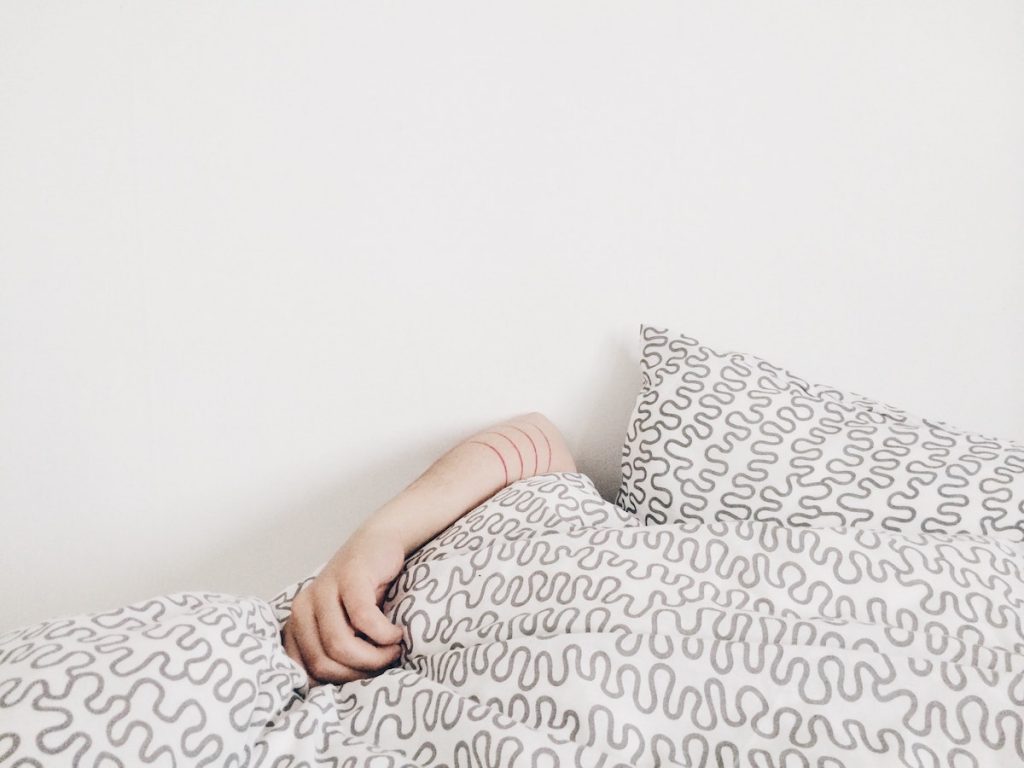Are you experiencing severe acne, irregular sleep, anxiety, weight gain, low sex drive, fatigue, and reduced muscle strength?
If so, then your body has a hormonal imbalance.
What is the hormonal imbalance?
It is the term that defines whether the human body has a deficiency or excess of hormones. The hormone’s chemical messengers coordinate various body functions by transmitting messages from the body to muscles, skin, and organs.
So, you can have an idea that the dysfunctioning of hormones results in severe body issues. Hence, at first, it is required to solve the hormonal imbalance.
This is what our guide is all about! Today, we put forth prominent warning signs showing your body has a hormonal issue and how to treat them.
Signs You Have Hormonal Imbalance and How To Treat Them?
If hormones are out of balance in the body, then it can result in several body issues. Knowing them on time is quintessential. Get yourself out of a dilemma, and read on the blog!
Poor Quality Sleep
You might have a hormonal imbalance if you have insomnia or less sleep. In menopause and perimenopause, the ovaries create less progesterone and estrogen, stimulating sleep.
Also, when the estrogen levels are below the standard level, there can be night sweats, disrupted sleep, lack of energy, and more fatigue.
What can you do?
- First thing first, get yourself diagnosed by a specialist.
- If you are experiencing menopause or perimenopause, know how HRT is beneficial to restore the levels of it. Also, implement practical things for improving sleep.
- Wear only cotton clothes, keep the bedroom dark and cool, have less caffeine and alcohol, and so on.
Regular Weight Gain
Many hormone-related problems can result in gaining weight. For example, Underactive Thyroid and polycystic ovary syndrome (PCOS).
Underactive Thyroid occurs when the thyroid gland fails to produce sufficient thyroid hormone for controlling metabolism. And PCOS is an issue related to hormones. It causes tiny cysts on the ovaries. In addition to these, the women also gain weight around the abdomen when they are in the menopause cycle.
What can you do?
If you are one of those who are gaining weight unexpectedly, without any changes in exercise or diet, then consult professionals.
The expert will examine the body with conditions like ovarian cysts or thyroid issues. Many will recommend Hormone therapy to get relief from the symptoms.
Low libido
Both men and women can experience low libido at any point of time in life. Also, it is normal not to match your partner’s interests.
But, if it is for a long time, it is a concern to look after. Yes, it could be an indication of the underlying issue.
For women, low libido could occur when they are experiencing menopause. So, because of the less level of testosterone or estrogen, it can occur. For men also, decreasing T level can cause libido. They change physical characteristics, like, body muscles or facial hair.
What can you do?
Get counseling from the specialist. They can recommend treatments such as trusted testosterone replacement therapy. Its benefits are higher energy level and libido, beneficial impact on muscles, strength, and bone density. The treatment comes in several forms, like pills, patches, gels, creams, etc. The right way of dose and administration relates to safety concerns. Therefore, it is essential to discuss everything with a doctor beforehand.
Skin Issues
If the body has less progesterone and estrogen but a higher androgen hormone level, then severe acne issues may arise.
Also, it indicates polycystic ovary syndrome. In the same way, the hormonal imbalance in pregnancy results in itchy skin, thyroid, or dry skin.
What can you do?
- If, according to you, the regular skin issue is because of the hormonal imbalance, then get consultancy from experts.
- They will find out the issue and diagnose or treat it appropriately.
Fertility Issues
Because of hormonal imbalance, females go through infertility. Naturally, it drops after 35. The higher the follicle-stimulating hormone (FSH), the less the chances of women getting pregnant.
At the same time, the less percentage of luteinizing hormone (LH) promotes the ovaries to produce progesterone and release an egg. All this leads to fertility problems. Furthermore, other hormone issues like early menopause also impact fertility.
What can you do?
The expert GP gives required medical advice and offers the right treatment and medication. They will recommend blood tests to check LH and FSH levels.
So, if you have been trying to conceive for a long time and your age is above 35, then a piece of expert advice is essential. You will be diagnosed with the issue and get a proper cure.
Concluding Remarks
Anyone can face any issue anytime. But, it is advisable to know the issue and get it treated at the right time. We have made it easier for you.
Above are the warning signs that require your consideration. And the recommendations are icing on the cake.
Are there other issues you are facing? Share with us!

